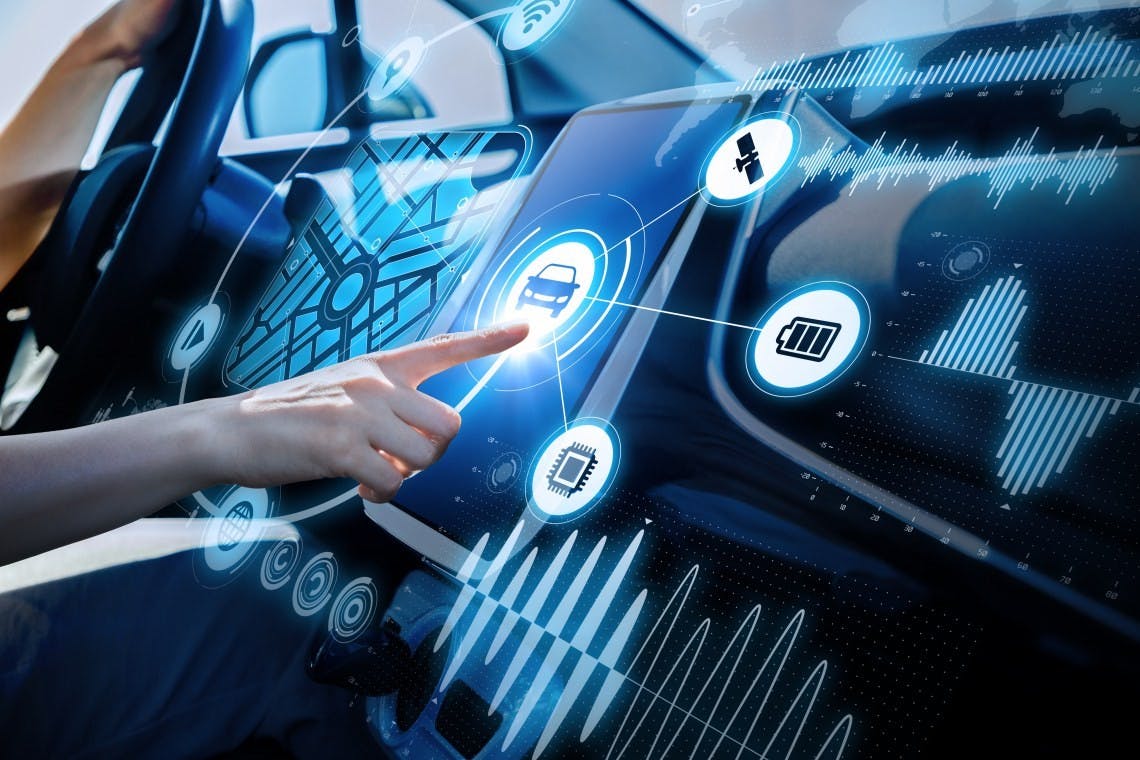
Latest Car Technology Trends Redefining the Road
As of 2023, there are several notable car technology trends that are shaping the automotive industry. These include:
Electric and Autonomous Vehicles: Electric vehicles (EVs) and autonomous vehicles (AVs) continue to gain traction as major trends in the automotive industry. EVs are becoming more popular due to their environmental benefits and advancements in battery technology, resulting in longer driving ranges and faster charging times. AVs are also gaining momentum with advancements in sensor technology, artificial intelligence, and safety features, which are paving the way for self-driving cars on the roads.
Connected Cars: Connectivity is a key trend in the automotive industry, with cars becoming more connected than ever. Connected cars are equipped with internet connectivity, allowing them to communicate with other vehicles, infrastructure, and the cloud. This enables features such as real-time traffic updates, remote diagnostics, over-the-air software updates, and advanced safety features like vehicle-to-vehicle (V2V) communication.
Advanced Driver Assistance Systems (ADAS): ADAS are becoming more prevalent in modern vehicles, providing advanced safety features such as lane departure warning, adaptive cruise control, blind spot monitoring, and automated emergency braking. These systems use sensors, cameras, and artificial intelligence to help drivers stay safe on the road and reduce the risk of accidents. Many newer vehicles are adding ADAS.
Augmented Reality (AR) in Head-up Displays (HUDs): HUDs are becoming more advanced with the integration of augmented reality (AR) technology. AR HUDs can overlay information, such as navigation directions, speed, and other relevant data, onto the windshield, providing drivers with real-time information without having to take their eyes off the road. Some vehicles that feature the HUDs are:
- Cadillac: CT4, CT5, Escalade, XT4, XT5, XT6
- Chevrolet: Camero, Corvette, Silverado (1500, 2500, 3500), Suburban and Tahoe
- Ford: Escape
- Honda: Accord
- Hyundai: Ioniq5, Palisade, Sante Fe, and Sonata
- Jeep: Grand Cherokee, Wagoneer and Grand Wagoneer
- Kia: EV6, Soul, Stinger and Telluride
- Mitsubishi: Outlander
- Ram: 1500
- Subaru: Ascent, Legacy, Outback and WRX
- Toyota: Avalon, Camry, Highlander, Mirai, Prius, RAV4 Prime, Sienna, Supra, Tundra and Venza
Advanced Infotainment Systems: Infotainment systems in vehicles are becoming more sophisticated, offering features such as voice recognition, natural language processing, advanced navigation, and integration with smartphones and other smart devices. These systems provide drivers and passengers with a seamless and connected experience while on the road.
Vehicle-to-Everything (V2X) Communication: V2X communication is a growing trend in the automotive industry, allowing vehicles to communicate with other vehicles, pedestrians, traffic infrastructure, and even smart cities. This technology enables features such as traffic management, emergency vehicle communication, and predictive maintenance, ultimately improving road safety and traffic efficiency.
Sustainability and Eco-friendly Technologies: There is a growing emphasis on sustainability and eco-friendly technologies in the automotive industry. This includes the development of more fuel-efficient engines, lightweight materials, alternative fuels, and eco-friendly manufacturing processes, as well as the integration of renewable energy sources such as solar panels in cars.
Advanced Biometrics and Personalization: Car technology is also evolving to include advanced biometrics and personalization features. This includes facial recognition, fingerprint recognition, and voice recognition for personalized settings, enhanced security, and seamless user experience within the vehicle.
These are some of the latest car technology trends that are shaping the automotive industry as of 2023. The rapid advancements in technology are driving innovation and transforming the way we drive and interact with vehicles, making cars safer, more connected, and environmentally friendly.

